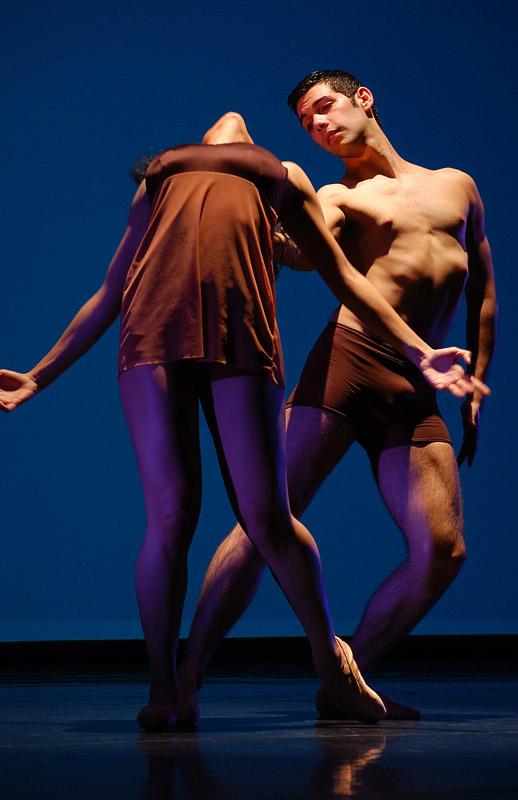Tennessee Williams was many things: an award-winning playwright, a recipient of the Presidential Medal of Freedom and, unknown to many students, a student at the Missouri School of Journalism for three years.
“Tennessee Williams: The Art of Endurance,” a three-day event comprised of guest lectures, interviews and other theatrical events, celebrated this fact and Williams’ 100th birthday. The celebration was an idea long in the works by Theatre Department graduate student Brett Johnson.
“Tennessee Williams is one of the greatest poets of the theatre and in the theatre,” theatre historian Felicia Londré said during a panel discussion Saturday.
Johnson’s recognition of Williams in this literary centennial stemmed from his academic and personal passion for Williams and his work.
Johnson was inspired to start studying the playwright when he took a course on Williams, and when he auditioned for a Williams play during his undergraduate studies at Susquehanna University.
“I found him fascinating,” Johnson said. “I felt an affinity to his writing, an understanding unlike that of any other playwright.”
The playwright, born in 1911, wrote an abundance of plays in his lifetime, which include “A Streetcar Named Desire” and “The Glass Menagerie.” He died in 1983 from choking on a pill bottle cap.
Many other cities across the nation have celebrated Williams’ 100th birthday as well, including St. Louis, Columbus, Mississippi and New Orleans. Johnson wanted to bring the tradition to Columbia where Williams attended MU for three years.
On Friday, the centennial brought the award-winning playwright Edward Albee to the Rhynsburger Theatre in an interview setting.
Albee, whose body of work includes “Who’s Afraid of Virginia Woolf?” spoke of his experience with Williams in admiration.
“Williams was basically a composer,” Albee said. “He heard like a musician. Being a composer and a playwright are very related. When writing a play, you should both hear and see what the characters are saying or doing.”
Saturday’s events included a four-part series of lectures from guest professors and a publisher, as well as a panel discussion among these and other literary colleagues. Tony award-winning actress Elizabeth Ashley was interviewed.
The guest speakers described Williams’ mastery of playwriting, as well as his spiral from famed playwright to dishonorable theatrical reject.
Albee said Williams’ career was fantastic at its onset, but around the 1960s, amidst heavy drug and alcohol abuse, his work became more edgy and controversial. Critics did not admire his work as equally as Williams personally did.
“You see how those figureheads are treating Charlie Sheen now?” Ashley said. “That’s how the critics treated Tennessee.”
The centennial was just one of many national and international events that are revitalizing theatrical and critical praise and approval of Williams.
“He died when his career was at its lowest,” Londré said. “People still think him as ‘that playwright who writes dirty plays.’ Now it’s time to reconfigure that definition.”
The centennial events Sunday included a master acting class, a concert reading of Williams’ early works and a world premiere of a Williams play.
“It was astoundingly enlightening,” freshman Jacob Billingsley said. “I just want to go and read all of his plays now.”
Susquehanna University associate professor W. Douglas Powers described Williams as quintessentially American.
“I think he’s come full-circle,” Londré said. “Audiences are ready for his plays now.”








